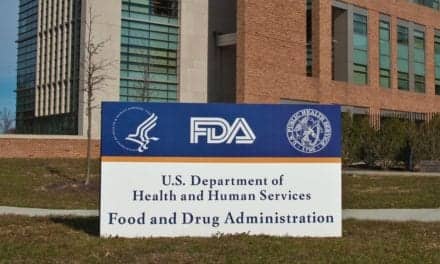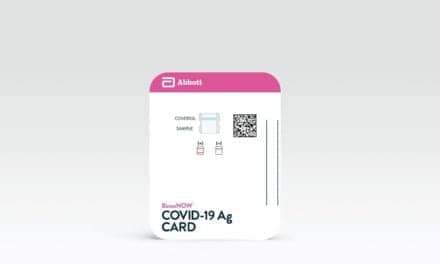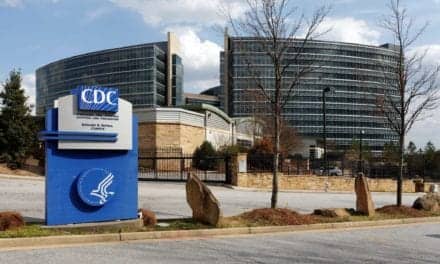Twist Bioscience, South San Francisco, Calif, and Biotia, New York, NY, received emergency use authorization (EUA) from the FDA for the SARS-CoV-2 Next-Generation Sequencing (NGS) Assay.
The SARS-CoV-2 NGS Assay is an in vitro diagnostic test, a highly sensitive nucleic acid hybridization capture-based assay, intended for the detection of SARS-CoV-2 RNA.
The SARS-CoV-2 NGS Assay has the ability to analyze the entire RNA viral sequence, to determine the presence or absence of the virus. Furthermore, in an optional research-use-only (RUO) report the software analyzes the RNA sequence to detect genetic variants and lineages of SARS-CoV-2. The hybridization capture-based approach utilized in this assay maximizes the number of genetic variants identified, where other sequencing methods may miss mutations in certain regions.
New mutations in the SARS-CoV-2 virus continue to accumulate and circulate around the world, creating genetic variants of concern that may alter transmissibility or vaccine efficacy, including the most recent B.1.1.7, B.1.351, and P.1 lineages initially found in the UK, South Africa, and Brazil, respectively. Especially given these emerging variants, this capture-based method is an important new tool for the identification, sequencing, and surveillance of covid-19.
According to the World Health Organization’s Genome Sequencing for SARS-CoV-2, published January 8, 2021, “One advantage of using a capture-based approach over a PCR amplicon-based approach is that capture-based approaches can tolerate sequence differences from the probe sequences of 10% to 20%. This is higher than the mismatch tolerated by PCR, where such a divergence from the primer sequences would result in a high risk of amplicon failure. Capture-based approaches can therefore be used to enrich successfully for relatively divergent SARS-CoV-2 sequences.”
“While there are many available high-throughput diagnostic tests available for covid-19, our solution enables clinicians and researchers the ability to sequence and surveil the evolution of mutations in the virus over time and geography. This is especially significant at the moment as more variants are identified that are more contagious,” says Emily M. Leproust, PhD, CEO and co-founder of Twist Bioscience. “Importantly, while many labs are conducting individual sequencing runs for each patient sample, this assay and the accompanying software provide a way to batch about 100 samples together, providing actionable information that can then be used to inform public health and clinical decisions.”
The assay utilizes Twist Bioscience’s unique ability to rapidly develop virus-specific panels through DNA synthesis and Biotia’s comprehensive data analysis software and reporting capabilities. The SARS-CoV-2 NGS Assay was validated on a NextSeq 550 Sequencing System. Because the assay analyzes the full sequence data, the test reduces the likelihood of a false-negative result. In contrast, a majority of SARS-CoV-2 tests based on polymerase chain reaction (PCR) only identify limited genetic markers of the virus.
In the separate and free RUO report, the full sequence of the virus is profiled, enabling improved understanding of mutations, genetic variability, and the evolution of the virus as it’s transmitted. A recent pre-print on MedRxiv and submitted for peer review details results of the NGS SARS-CoV-2 Assay with the COVID-DX Solution to detect the virus and its genetic variants.
“As SARS-CoV-2 continues to evolve, the need for insightful research tools leveraging NGS and evolutionary principles has become starkly clear,” commented Niamh O’Hara, PhD, CEO and co-founder of Biotia. “This assay also greatly expands testing options in the clinical space, bringing new technology to patients.”
“This test opens the door to a new diagnostic method and can also guide vaccine research, since it captures viral variants so well,” says Christopher Mason, PhD, co-founder of Biotia. “We are elated to get an FDA EUA for our test, which brings needed tools into the fight against covid-19, as well as pioneering these capture methods for tracking other pathogens in the future.”
For more information, visit Twist Bioscience and Biotia.





